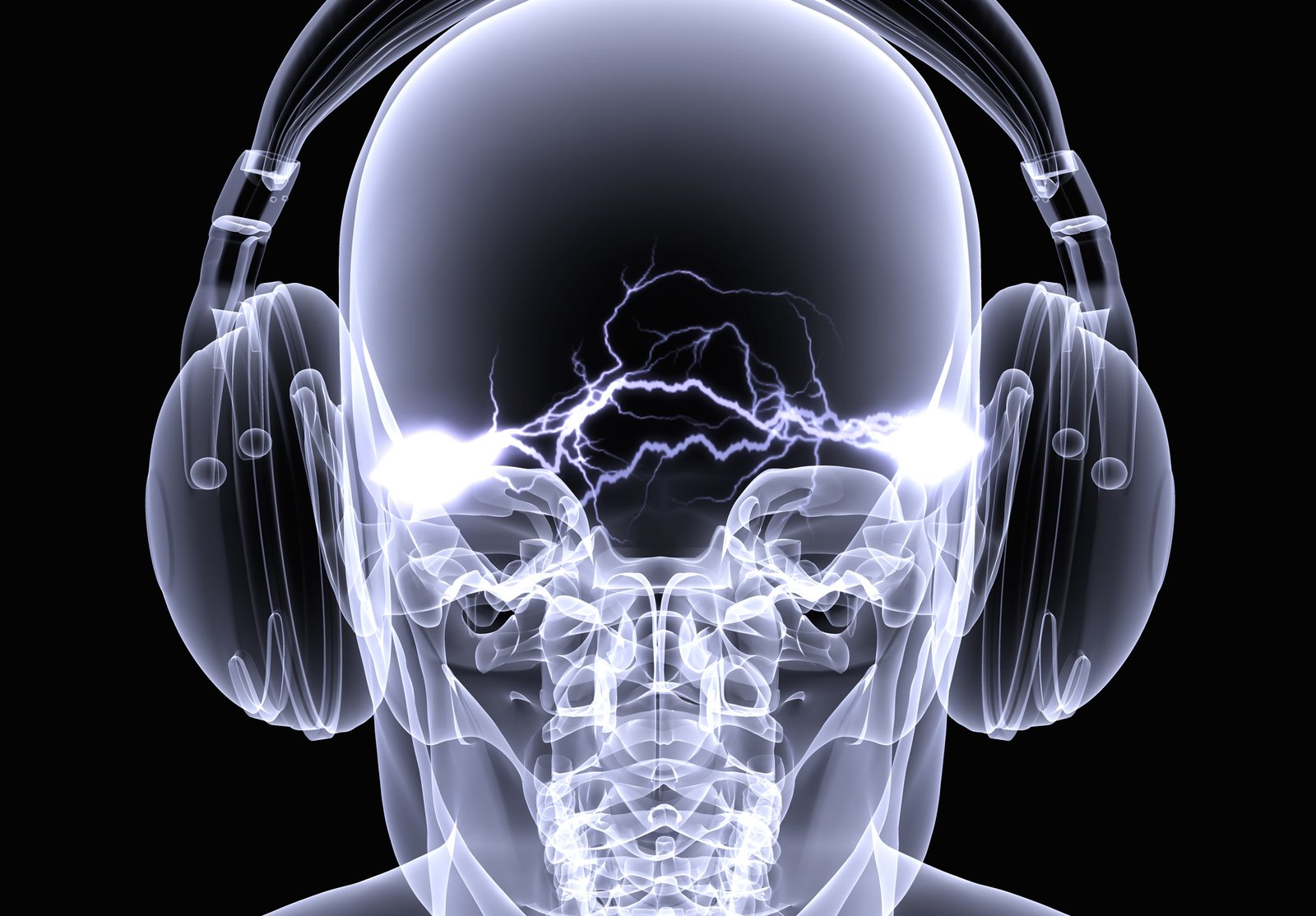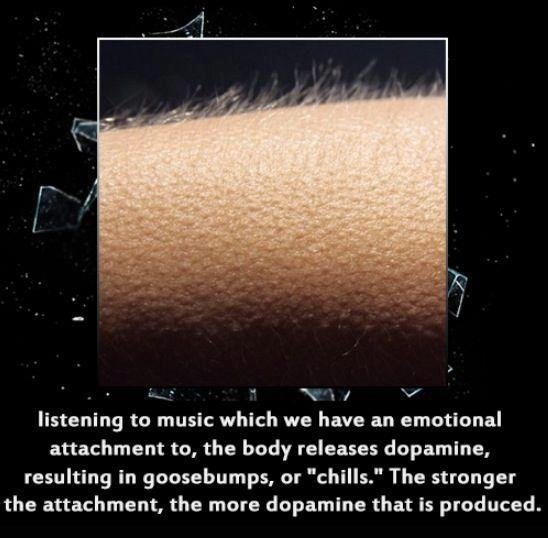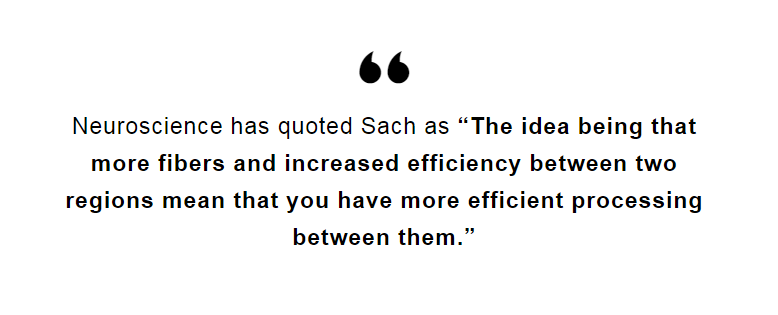We react differently to music, some people feel such intense emotions that it sends shivers down their spine and goosebumps appear on their skin. This makes them special.
According to a new study published in the journal social cognitive and Affective neuroscience, there’s a deeper explanation as to why some people feel the music more than others.

20 students were studied, half of whom reported getting chills when listening to music. Diffusion Tensor Imaging (DTI) and Magnetic Resonance Imaging (MRI) were used to map out the brain and compare the differences between the two groups.
The researchers led by Matthew Sachs discovered that those who reported experiencing chills had a deeper physical and emotional connection to music.
Their brain fibers were reported to be denser and different from those who didn’t have such an attachment. These fibers connect to the sections controlling auditory information and emotions explained Mathew Sachs, a co-author of the study from the University of Southern California.
He also concluded that those experiencing intense emotions may feel so, generally, not only when they are listening to music.

"Emotional reactions to aesthetic stimuli are intriguing experiences to humans as they are profoundly pleasurable and rewarding, yet highly individualized," the study says.

A similar study done by researchers at the University of York found that we could use music to help manage our emotions. The team wanted to find out if listening to selected music tracks could elicit an emotional response while being enjoyed by the listeners.
They discovered that playing “sad” songs could counter-intuitively make people happier.

"One of the most important motivations to engage in music listening is its emotional effect on us," the team wrote on the York website.
"Listeners often report that they listen to music to calm them down, to stimulate them, to bring them into a positive mood, or to experience emotions like melancholy or nostalgia. Therefore, listening to the sound of music is a unique way to experience and engage with different contrasting emotions, helping us to understand and regulate our mood according to many different situations. This makes music an important part of our overall mental wellbeing."
Source: -Via
Sachs is planning to delve deep into research and look into the brain activity of these individuals who feel goosebumps when listening to music. He hopes to unravel the mystery surrounding this neurological activity and hopefully use it in the treatment of mental disorders.




